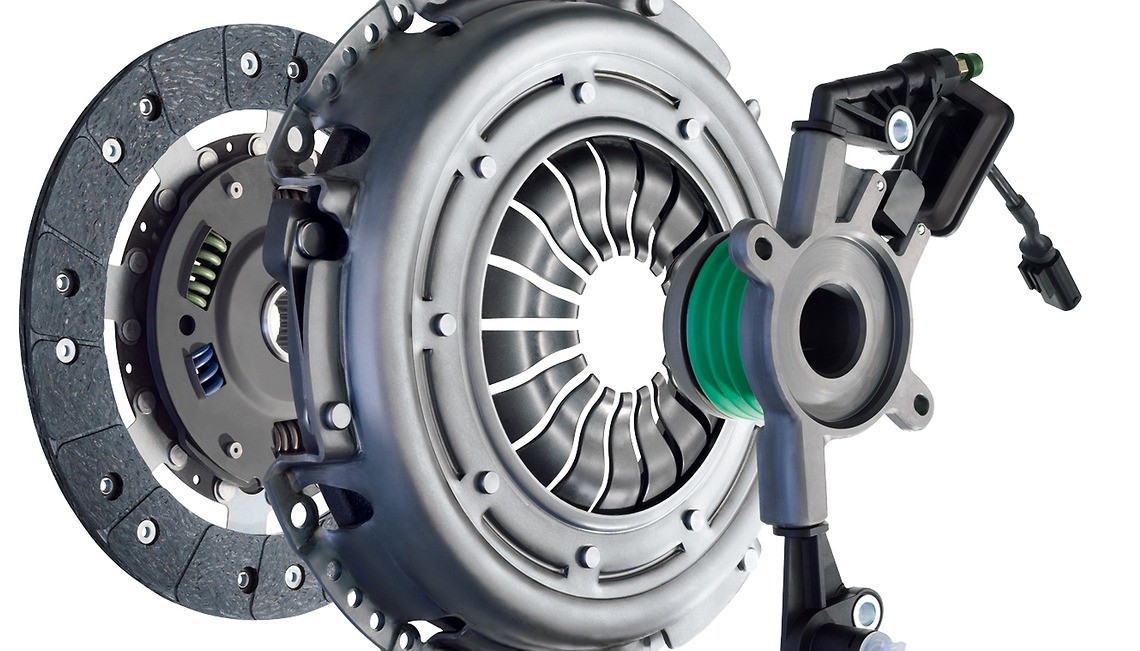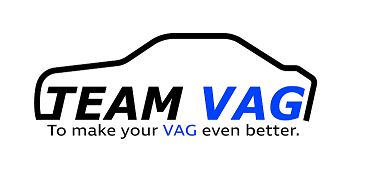When to change the slave cylinder ZF SACHS?

When to change the slave cylinder?
Vehicle clutches are complex systems, which consist of many individual components. These include the concentric slave cylinder (CSC), also known as the central release bearing. Like the disks, it is subject to wear. However, when damage occurs, the CSC cannot be repaired – replacing the slave cylinder is the only option.

Changing the slave cylinder is also recommended when replacing the clutch or removing the transmission. Replacing the clutch in isolation may lead to the need for further costly repairs shortly afterwards.
Dirt deposits on the outside of the CSC piston guide can compromise the sealing lip – if the piston returns to its non-extended position, it will pass over the particles. CSC defects are also often the result of assembly errors: The clutch pedal may not be actuated when removing the clutch and transmission with a closed hydraulic circuit – if this occurs, the CSC piston will be pushed too far over. This can damage the piston sealing lip, which causes a loss of hydraulic fluid and leads to clutch defects. Manual compression of the CSC also often causes damage to the seals, just as with the application of lubricants: These make the seals swell up and cause CSC failures.
Filling and venting
How to replace the slave cylinder? The CSC may only be filled and vented when it is assembled in the installation position: This means, it must be installed in the clutch bell housing on the transmission according to the instructions – at the same time the clutch and transmission should be completely flange-mounted to the engine again beforehand. Hydraulic fluid should only be filled as specified by the manufacturer. Bleeding is carried out with the equipment on hand. Even under pressure, the system may only be implemented when the concentric slave cylinder is in the installation position.












































